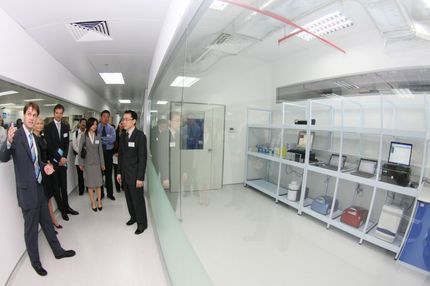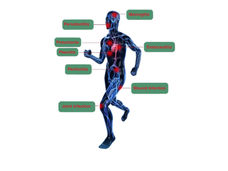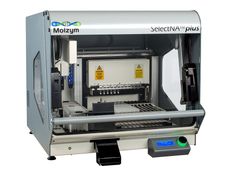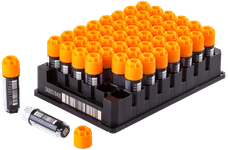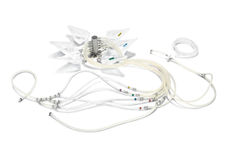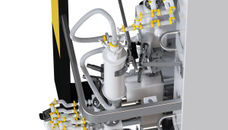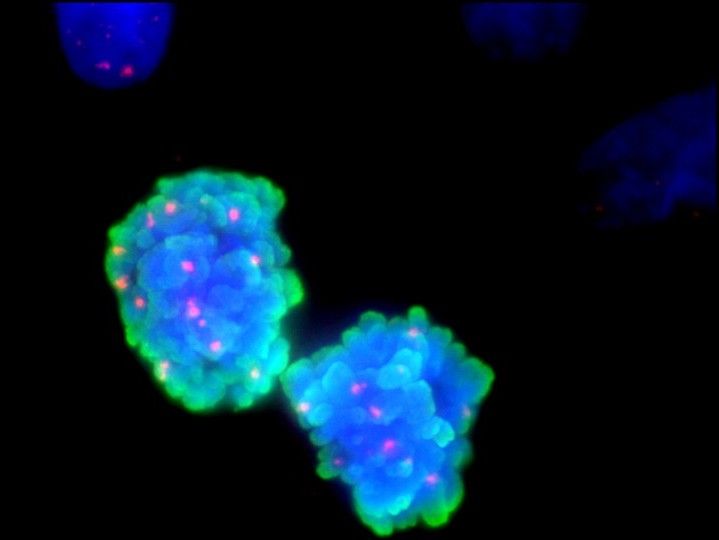Thermo Fisher Scientific Continues Investment in Global Manufacture of Bioprocessing Products
New Manufacturing Line in China Expands Production Capacity of Leading Thermo Scientific Bioprocessing Products in Europe, North America and Asia-Pacific
Thermo Fisher Scientific Inc. has extended its state-of-the-art manufacturing capability in Shanghai, China, for the production of Thermo Scientific Nunc Cell Factory single-use, certified-sterile bioprocessing systems. This announcement forms part of a continuing strategy of global investment in the regional production of its high-quality bioprocessing products, to support the local bioproduction of vaccines, cell and protein therapeutics. The increased capacity builds on Thermo Fisher Scientific’s position as the leading developer of single-use products for bioproduction, while meeting the demands of the European, North American and Asia-Pacific bioproduction markets.
The Shanghai facility complements the Nunc™ Cell Factory production sites in Rochester, New York, and Roskilde, Denmark. Commenting on the new investment, Chuck Kummeth, president of the laboratory consumables division of Thermo Fisher Scientific said, “The Rochester, Roskilde and Shanghai sites are designed to meet local and international demands both now and in the future, and will facilitate the effective streamlining and continuity of supply for our growing customer base. Our aim is to provide regional biopharma production sites with the fastest and most efficient delivery of cell culture consumables, and to enable us to do this, we are currently investing heavily in the APAC region in particular.”
Thermo Scientifics bioprocessing products portfolio is complemented by media supplements, process liquids and cell culture sera, and the extended production facilities in Shanghai follows a recently opened site in Beijing dedicated to the hydration of cell culture media, and a joint venture in Lanzhou, China, for the collection, processing and selling of serum into local markets. Further multi-million dollar investments have been made at production sites based in Cramlington, UK and Logan, Utah.
Other news from the department business & finance
These products might interest you
Most read news
More news from our other portals
See the theme worlds for related content
Topic world Cell culture technology
Cell culture technology is a central pillar in biotechnological and pharmaceutical research and development. It enables the growth and maintenance of cells under controlled laboratory conditions, providing a window into the molecular and cellular processes of life.
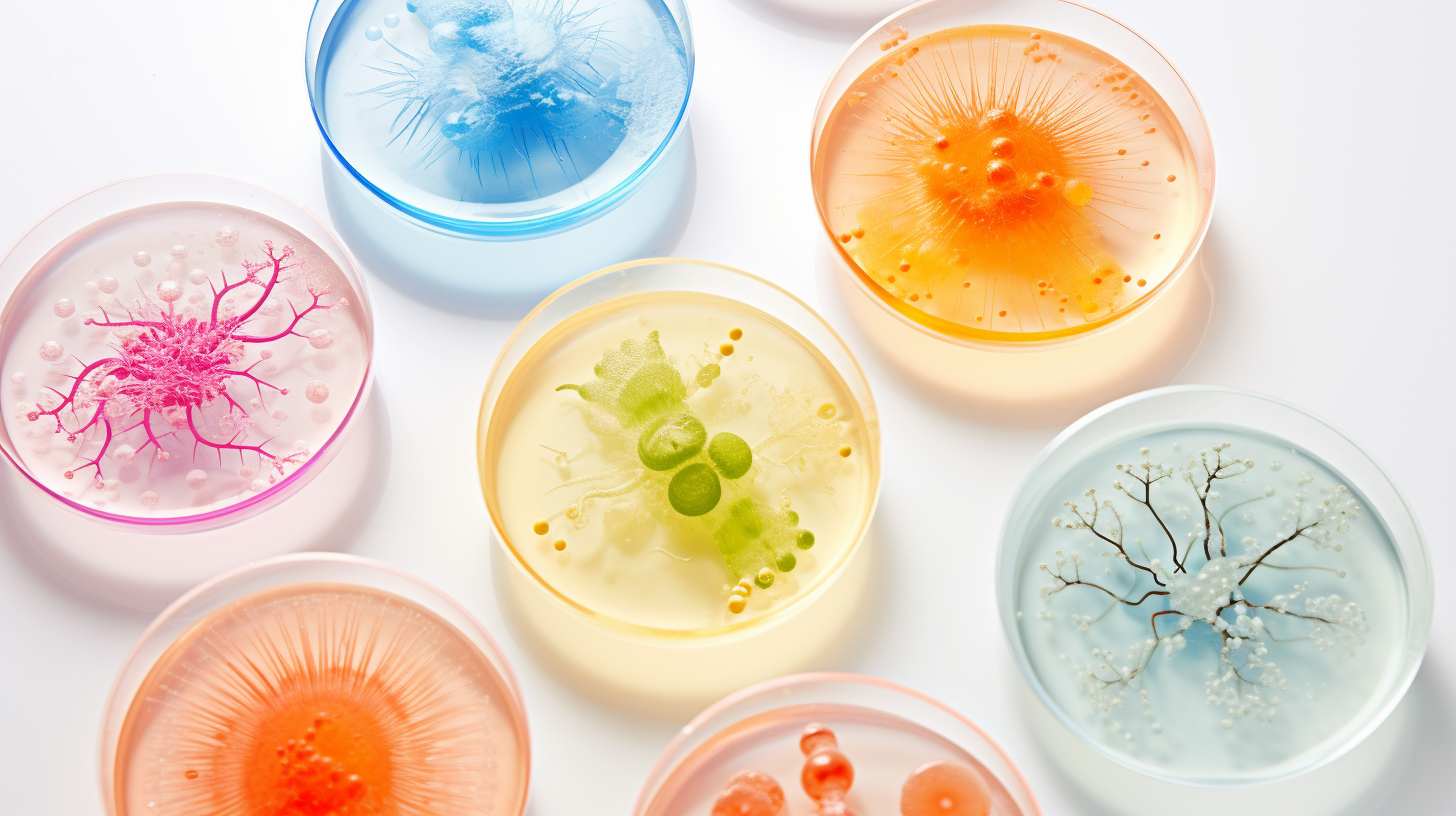
Topic world Cell culture technology
Cell culture technology is a central pillar in biotechnological and pharmaceutical research and development. It enables the growth and maintenance of cells under controlled laboratory conditions, providing a window into the molecular and cellular processes of life.
